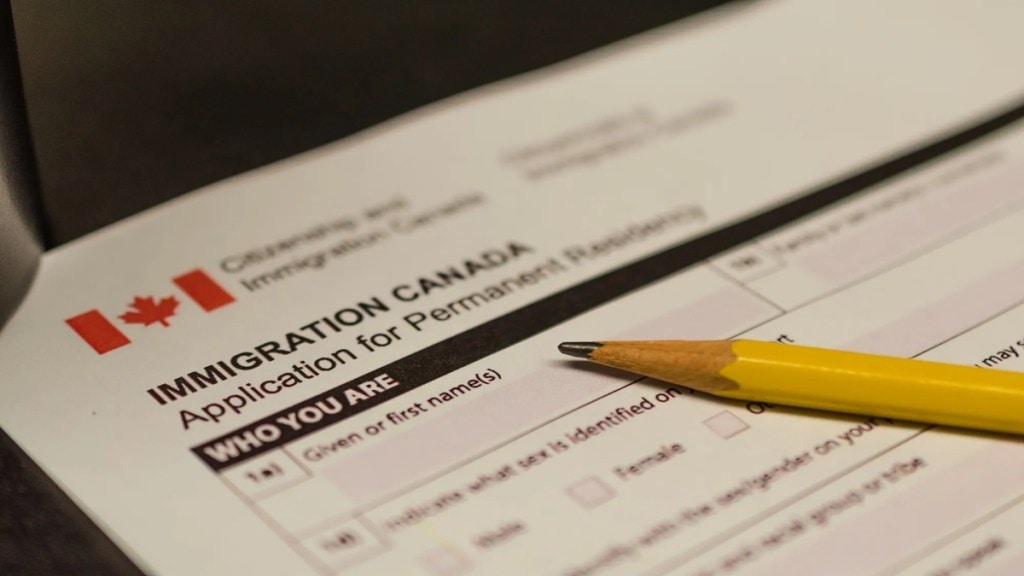Immigration, Refugees and Citizenship Canada (IRCC) has released a new set of rules that explain exactly when temporary visas and permits can be cancelled. This includes visitor visas, study permits, work permits, and even eTAs. The update, announced on November 4, 2025, offers clear guidelines, listing both discretionary cancellations (where an officer decides) and automatic cancellations (where the document becomes invalid on its own).
Canada brings new rules on when temporary visas can be cancelled
For years, officers had the power to cancel documents, but the guidelines were a bit vague. However, according to the new update, if someone becomes ineligible, inadmissible, or was approved by mistake, IRCC now has solid legal grounds to act.
Under the new sections 180.1 and 180.2, a visitor visa can be cancelled for several reasons, such as: administrative errors, loss of eligibility, becoming inadmissible after the visa was issued and not leaving the country when required. The update further explains that a visa also becomes automatically void if the person becomes a permanent resident, loses the passport linked to the visa, or in cases of the person’s demise.
For instance, a business visitor who loses their job abroad but then applies for a work permit extension in Canada and gets refused may have their original TRV (Temporary Resident Visa) cancelled under 180.1(e).
Or if an officer learns that an applicant submitted fake financial documents, the TRV can be cancelled for misrepresentation even before the person enters Canada.
Canada’s new rules for eTAs
Sections 12.07 and 12.08 offer similar rules for electronic travel authorisations (eTAs).An officer can cancel an eTA if: the traveller becomes criminally inadmissible, their passport becomes invalid or in cases when the eTA was issued by mistake.
For instance, a French traveller who gets an eTA but is later convicted of a serious crime can have the eTA cancelled for criminal inadmissibility. If they renew their passport but forget to apply for a new eTA, the old one becomes invalid automatically.
Changes for study permits and work permits
Study permits now fall under sections 222.7 and 222.8, and work permits under sections 209.01 and 209.02. IRCC can cancel a study or work permit if it was issued by error, when the person no longer meets the eligibility rules. Automatic cancellation happens if the person becomes a permanent resident or if they die. Officers can also cancel a work permit if it was granted due to an oversight, such as failing to check an LMIA or employer eligibility.
For instance, if a student’s college or university is later found to be non-compliant with IRCC’s DLI list, the permit can be cancelled because of an administrative error. A work permit tied to an employer who turns out to be non-compliant can also be pulled back.
If someone got a study permit, work permit, or visa under a temporary public policy waiver (something used for emergencies or humanitarian situations), that waived issue cannot later be used as a reason to cancel their document. This helps protect people who were approved under special circumstances.
The new rules replace guesswork with clear legal language. Earlier, officers had to rely on broad, general powers. Now each category has its own section.
The government has been trying to manage temporary resident numbers. These changes are part of efforts that include: stronger post-arrival checks, battling fraud, more data-sharing, tighter rules on who qualifies for study and work permits and a focus on weeding out misuse and overstays.
